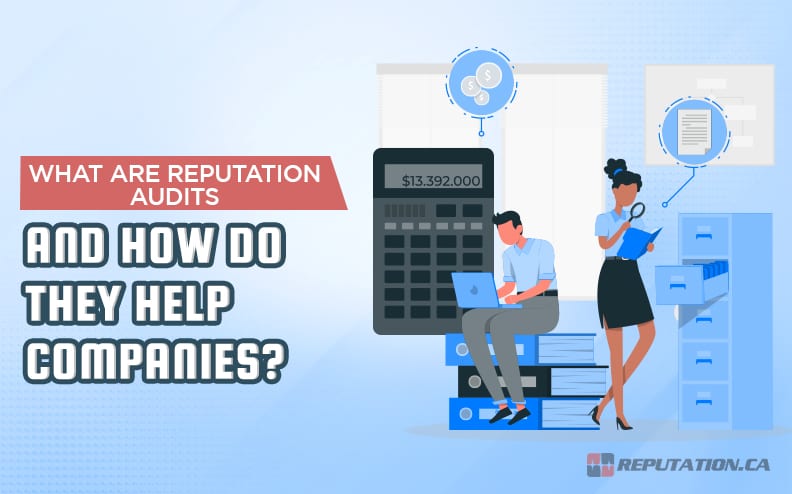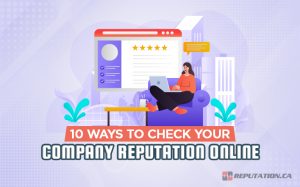Running a successful business is no easy task, especially in a society where the competition is increasingly fierce. However, the competitive nature of the corporate world is slowly becoming one of the lesser issues facing companies.
As our society has advanced, we have placed newfound importance on how corporate and private entities present themselves to the public. This public image has enabled us to tell whether consumers can trust a company with our business without going through much trial and error with their services. However, company reputations have had a secondary effect on how these businesses carry themselves and evaluate their public image.
It can be difficult to determine how the general public perceives you unless you know what to look for in your public persona. This has caused companies to incorporate tools that allow them to determine what their reputation is among their target consumers. One concept that has arisen in the wake of the reputational war is the reputation audit.
While reputation audits might be more common in controlling public perception of a company, you might be wondering what they are and how they can benefit you. These audits are one of the most important tools you will ever use to control your public image and ensure you do not fall into irrelevance.
What is a Reputation Audit?
A reputation audit is, essentially, the equivalent of an audit by the Internal Revenue Service, but for your public image instead of your financial earnings. Instead of assessing your company’s financial transactions over a fiscal period, you assess the trend of your brand’s image.
These audits are designed to help you assess whether your company needs an overhaul concerning public relations or not by showing you how your company is featured in consumer communications. Considering the rate at which information spreads through consumer communications, these audits require significant information to succeed.
The audits themselves involve a large amount of data collection across multiple sources and weigh the general outlook of your consumers about your company.
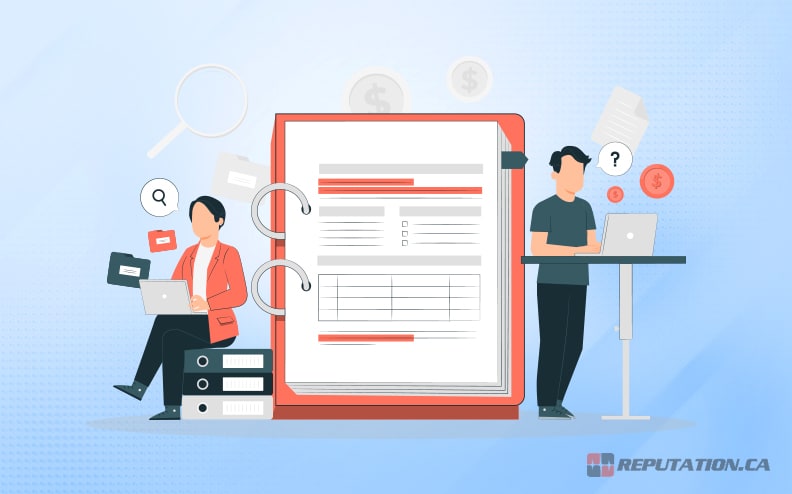
Generally, an audit will analyze:
- The frequency, tone, and peaks of your company’s total mentions on certain platforms. It will also analyze whether the mentions are predominantly positive or negative.
- The sources that mention your brand to determine which carry more weight with your consumers.
- What criteria are being focused on by the consumers that could impact your reputation, such as the quality, cost, or execution of your product or service.
- Isolating any negative personas such as social media personalities actively working against your company’s image.
- The demographics of the consumer group that is talking about your brand. For example, whether most critics are male or female or the age range of the consumers.
The audits are meant to help you understand who is talking about your brand, why they are talking about it, and whether they are saying positive or negative things about it. Unlike the audits conducted by the IRS, reputation audits are not enforced by federal law and are the company’s responsibility to conduct at their own discretion. This makes reputation audits optional and left to you to decide the value of such an evaluation.
Contributing resources to a self-audit of your public image might seem like a waste of time and resources, especially if you are not fully aware of how such an audit can benefit your business. While this sentiment is understandable, you will want to reconsider your reluctance to perform a reputation audit.
How Do Reputation Audits Help?
Reputation audits might seem like a frivolous use of resources, but the truth is that it is one of the most important parts of running a company. A business is only as successful as its reputation, and a business with a poor reputation is doomed to fail.
Reputation audits are not only about gathering information but also about how your company can respond to that information to improve the general perception of your company. Knowledge is half of any battle, and knowing where your company’s problems lie allows you to begin undoing the damage those problems are causing.

Reputation audits allow you to begin rebuilding your public image and ingratiating yourself to your consumers. Running a business is difficult, and there will be some issues. It is your response to these issues that your customers will be looking at, and it will directly affect your reputation. Showing genuine interest in correcting these issues will positively affect your customer’s perception of you. To begin correcting the issues, you need to know what they are.
Reputation audits assess the input from your customers across multiple mediums to determine the issues and which are the most pressing. Ultimately, a reputation audit can improve your relationship with your consumers and the overall retention of their business. Ignoring audits and allowing your reputation to fester under negativity will drive away all business until you have none left.
Performing a reputation audit might seem daunting if you do not know where to start. Fortunately, the sources of information on your company’s reputation are straightforward and easily accessible. The modern world allows most of the contributing factors to your reputation to be found in the same place—the internet.
Review Auditing
You will find one of the most important sources of information about your company’s reputation in the reviews left by your customers. Review management is a critical and complicated part of reputation management that you can easily do wrong.
Nowadays, most reviews are hosted online through third-party platforms like Yelp or Google. This means that the reviews reach the entire country in a matter of seconds, allowing your reputation to be shaped by the satisfaction of your customers. If they find your product or service lacking, they will leave a negative review that will impact your future business.
The reality is that customers are more likely to take a review from a fellow consumer more seriously than most official statements from the company. This is because consumers believe that the company’s desire to turn a profit will cause the company to try and deceive them to save face. Unfortunately, that fear is not completely unjustified, as more than a few companies have done so. However, keeping your customers satisfied and acknowledging their reviews can be critical to your business’s reputation.
In 2020, 87% of consumers read reviews about companies before trying their product or service. This is a 6% increase from 2019, and the numbers will continue the upward trend. If you allow negative reviews to stagnate and do not address the underlying issue, your customer base will shrink until you have none left. That said, the way you address these reviews is just as important as addressing them in the first place.
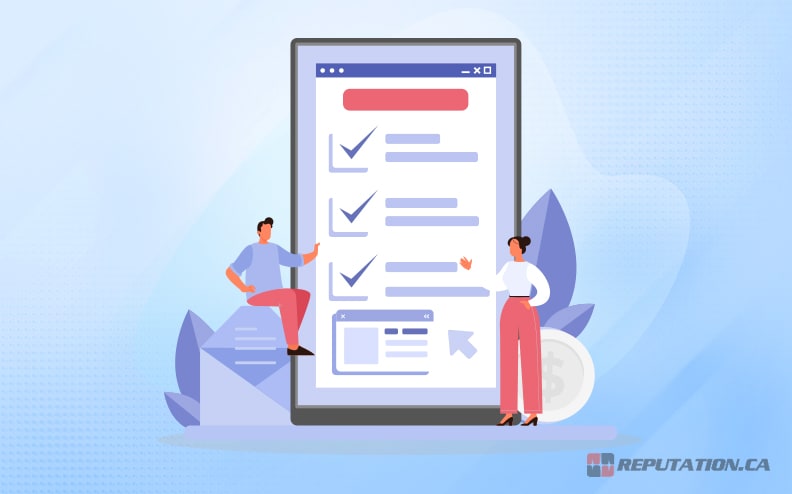
It can be tempting to delete the negative reviews to hide some of your customers’ dissatisfaction with your company. This is a mistake, though; attempting to hide negative reviews will give your company a dishonest reputation. If your company is perceived as dishonest, fewer people will be willing to put their faith in your product or service. The best solution to a negative review is to address it directly and attempt to resolve the dissatisfied customer’s issue with your business.
Addressing a negative review requires patience, humility, and respect. If you begin arguing with the customer, it will hurt your reputation. If you address the issue, offer solutions to make up for the error, and provide evidence of your efforts to compensate for the issue, your reputation will improve. It will show that you care about the concerns and criticisms of your customers and are not solely interested in easy profit. Caring about your customer reviews demonstrates that you want your customers to be satisfied with their experience. It will improve your retention rates since customers are treated like people rather than paychecks.
While review management is critical to your company’s reputation, and assessing these reviews is a major component of reputation audits, they are only half of what needs to be considered. Reviews are not the only way information about your company and services circulate; the other mediums can have an equally profound impact on your reputation as the reviews.
Media Auditing
While reviews come directly from your customers, they are not the only ones who will comment on your company’s reputation. Information is a service that has become corporate and personal, thanks to media and social media outlets. Nowadays, it is extremely easy to communicate with others about any subject we choose to discuss, including corporate images. Two types of major platforms can impact your business’s reputation. The first is standard media, such as online articles about your company. The second is social media platforms where customers and potential customers can discuss their perceptions of you.
Auditing media articles about your business can be as simple as performing a Google search for your company name and seeing what results are returned on the first few pages. Any articles found in the results should be assessed to determine what they are saying about your company so you can determine the best course of action. Sometimes, the articles call out your company for genuine misconduct on your part that you will need to work to fix. In this case, there are ways you can counter the bad press associated with the mistake and the article.
Other times, the articles might be libel and call your company out for something that did not happen. When libelous content is involved, you retain legal rights to counter the article but might find yourself dealing with a blow to your corporate image. Again, this can be undone with some effort, but you can only counter these articles when you know they exist, making reputation audits even more important. While articles are written by media outlets looking to turn a profit through their readers, not all media is commercial.
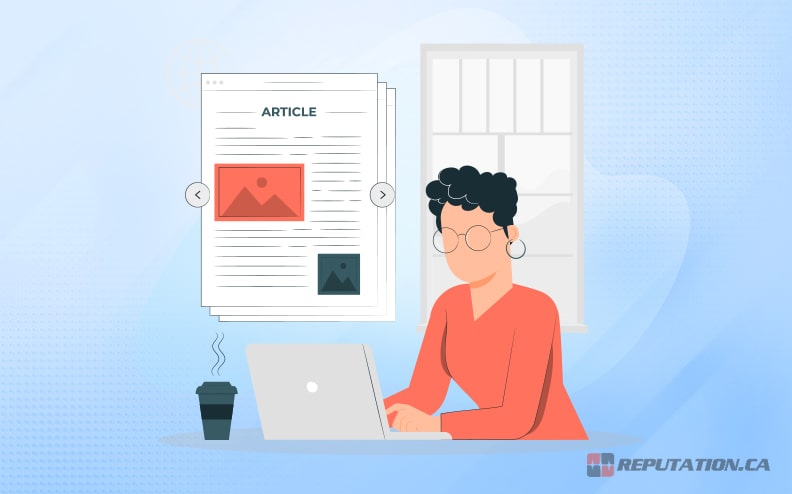
Social media has become the most effective tool in a customer’s arsenal for discussing individuals and companies they feel have wronged them. Social media platforms like Twitter, Instagram, and Facebook have become breeding grounds for posts that criticize companies for alleged wrongdoing. Even posts made by the company can backfire if the post is considered insensitive. Reputation auditing involves assessing your company’s and your customers’ social media presence.
Managing your posts can prevent unintentional damage to your own reputation through an insensitive or off-color post. Often, these posts result from bad timing or poor choice of words. Making sure the posts cannot possibly be misconstrued is part of social media management and pulling harmful posts is equally important. Reputation auditing also assesses the general tone of the posts made by your customers so you can identify problem topics and correct the issues before it becomes widespread.
While auditing your reputation is important, it can be an overwhelming task to add to your day-to-day tasks. Fortunately, you do not necessarily have to do it alone if you lack the time or resources to do it in-house.
Take Your Reputation Back!
Reputation auditing is important for ensuring your public image does not negatively affect your business. We live in a society where the general perception of your company is critical to your ability to be successful. If your customers view you as an unreliable or untrustworthy company, they will stop using your products or services. Even more unfortunate is that it has never been easier for customers to spread the word of their discontent to the general public.
Your reputation can change drastically in less than a day, with a single mistake becoming global knowledge before you clock in. Auditing your reputation allows you to stay ahead of any bad press so you can counter it and mitigate the damage to your public image. However, auditing a company’s reputation can be difficult if you do not have dedicated staff.

While not every company can afford to staff an in-house public relations team, some alternatives can handle the tasks associated with reputation auditing. We at Reputation exist to do exactly that. We can offer services such as review management, anti-libel tools, and social media curating that will help protect your company’s reputation. We can audit your company’s reputation on your behalf and implement a strategy to counteract the damage that might have been caused. So, visit our website today and take your reputation back!




